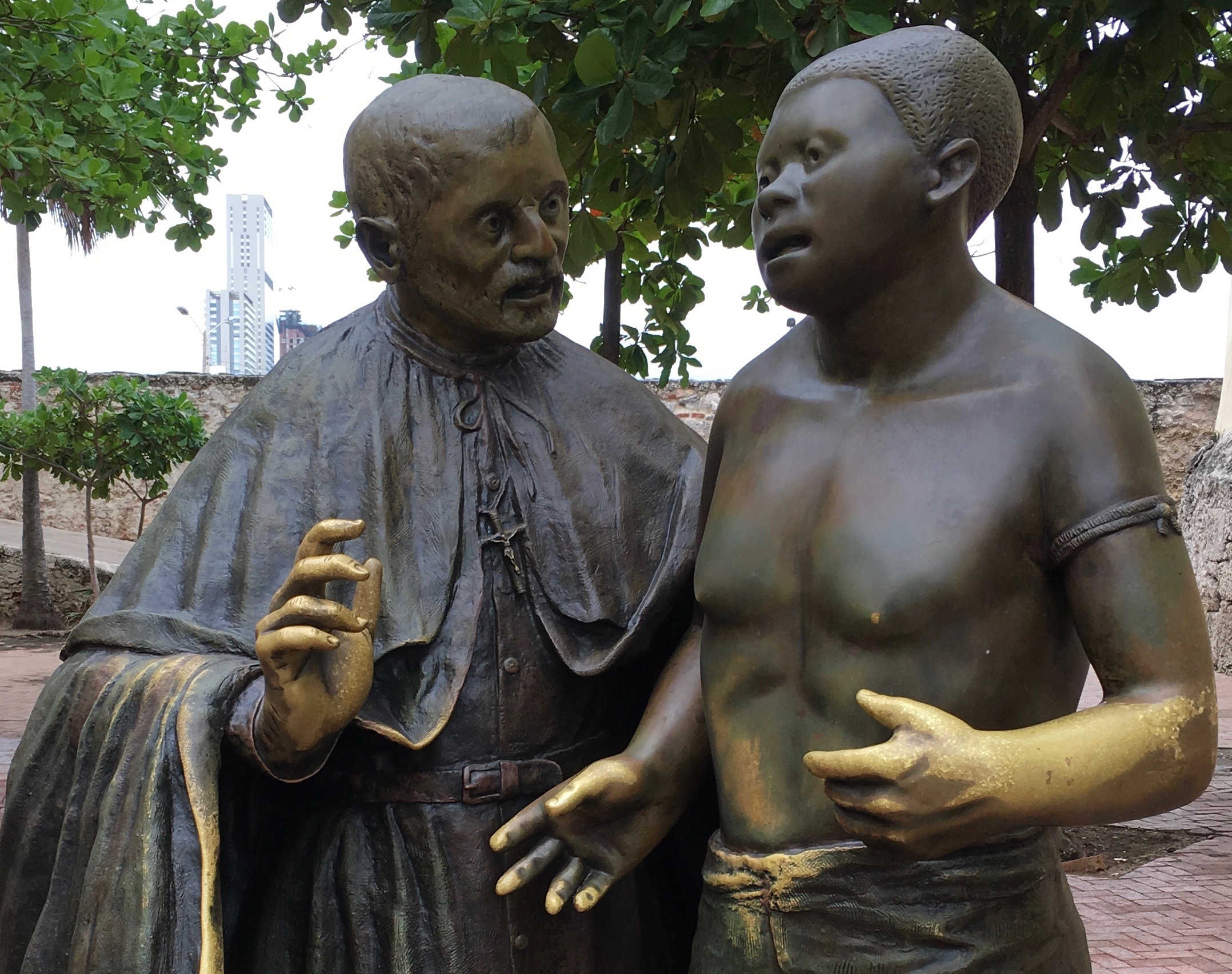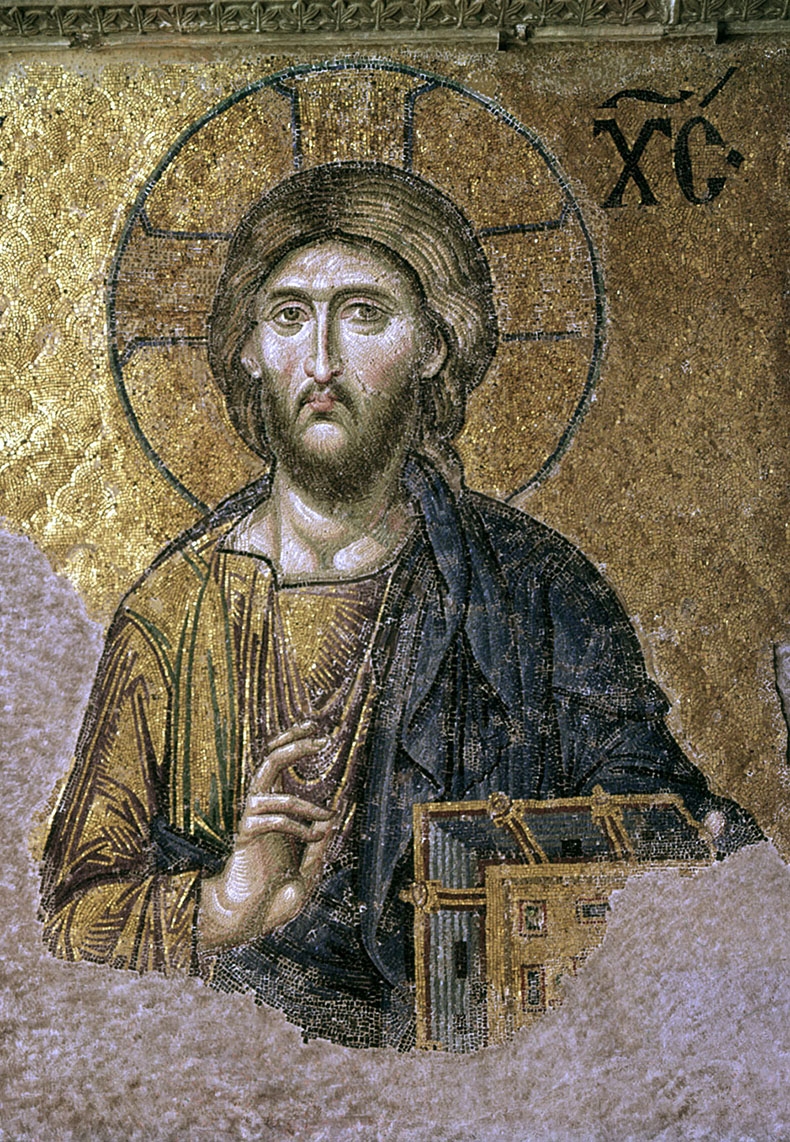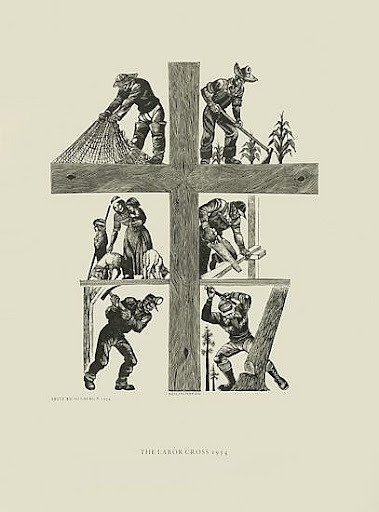These reflections are a result of more than 40 years of ministry as a Roman Catholic priest. Most of these years I spent in the Diocese of Charlotte which covers Western North Carolina. Now I am retired, and live in Medellín, Colombia where I continue to serve as a priest in the Archdiocese of Medellín.

Put on, as God’s chosen ones, holy and beloved,
heartfelt compassion, kindness, humility, gentleness, and patience,
bearing with one another and forgiving one another,
if one has a grievance against another;
as the Lord has forgiven you, so must you also do. (Col 3:12-17)
It was Saint Peter Claver’s compassion that led him to devote his life to the slaves who were brought to Cartagena, Colombia. He treated them with dignity and respect and in his ministry he baptized 300,000. As a result of Saint Peter Claver’s ministry, today is the Day of Human Rights in Colombia.

We know that all things work for good for those who love God,
who are called according to his purpose. (Rom 8:28-30)
Today reflect on God’s call . . . as revealed in the life of the Blessed Virgin Mary. Today we celebrate her birth . . . just as 9 months ago we celebrated her conception (December 8). Perhaps if we look at just one moment of life we might be able to dispute Saint Paul’s assertion that all things "work for good" . . . but when we look at the whole arc of life, we begin to see God’s mysterious plan unfold and with Mary we too can proclaim the greatness of the Lord.

As you received Christ Jesus the Lord, walk in him,
rooted in him and built upon him
and established in the faith as you were taught,
abounding in thanksgiving. (Col 2:6-15)
Walking in Christ, rooted in Christ, built on Christ—this passage reminds me of Saint Patrick’s Breastplate:
Christ, be with me, Christ before me, Christ behind me, Christ in me, Christ beneath me, Christ above me, Christ on my right, Christ on my left, Christ where I lie, Christ where I sit, Christ where I arise, Christ in the heart of everyone who thinks of me, Christ in the mouth of everyone who speaks of me, Christ in every eye that sees me, Christ in every ear that hears me. (from The Breastplate of Saint Patrick)


Thus says the LORD:
Say to those whose hearts are frightened: Be strong, fear not!
Here is your God, who comes to save you. (Is 35:4-7a)
September is a time of memories: fond memories of school years past when classes actually began after Labor Day; back-to-school memories of class mates, and teachers and making new friends and the excitement of new challenges ahead. But September has become a month of anniversaries . . . in fact, next Saturday is the 20th anniversary of the attacks of September 11, 2001. Perhaps it is good that the Scriptures remind us that we should not be afraid and that it is God who comes to save us.



